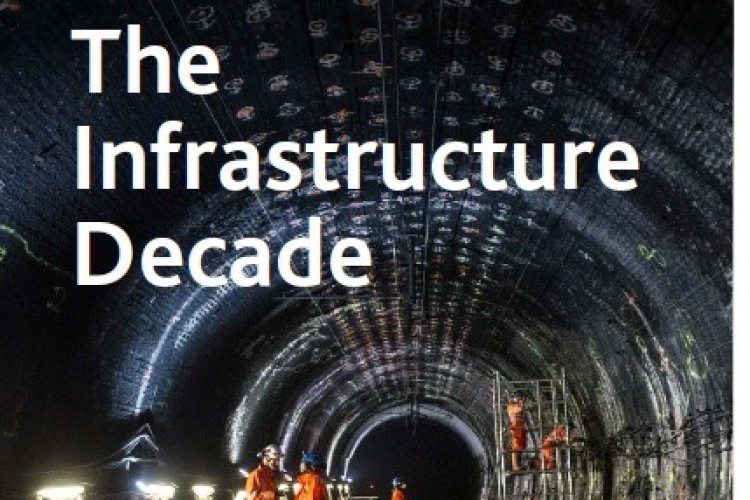Civil engineering contractors are calling for changes to the way the strategic road network is funded.
They also want some of the checks and balances in the democratic process to be removed to streamline the planning process of approval for major infrastructure projects.
The Civil Engineering Contractors Association (CECA) has published its manifesto – The Infrastructure Decade – six months ahead of the next general election, highlighting what it thinks the next government should do to deliver the infrastructure that the UK needs.
CECA chief executive Alasdair Reisner said: “Ahead of the general election on 7th May 2015, CECA asks all political parties to recognise that the next ten years are crucial for UK infrastructure. Get it right and we could see vibrant economic and social growth. But failure will push the UK even further down the global competitiveness league table.”
While CECA stops short of calling for tolls to be imposed on the motorway and trunk road network, as not all of its members are in favour of this, it wants a commission to be set up “to find the best way to fund future investment in the UK’s strategic roads”. This clearly reveals frustration among civil engineering contractors with the current system of fuel duty and vehicle excise duty going into Treasury coffers and government deciding allocation of resources across competing needs.

CECA seems to recognise that hypothecation, whereby fuel duty raised from motorways is ring-fenced for transport, might be good for road-builders but maybe not quite so good for hospitals and schools, which do not (currently) have the same revenue generating opportunities. It therefore does not call for hypothecation. That argument was lost long ago.
Instead its preferred solution might be described as “current system plus”. CECA’s manifesto says: “It is imperative that we look to new sources of investment to complement government funding to maintain and upgrade our road network.”
It is not clear at this stage what ‘new sources’ might be available other than taking more money off road users. Squeezing more from developers in planning gain deals is unlikely to yield what is required. It is hard not to see 'new sources' as anything other than a euphemism for tolls, however much CECA wants to avoid igniting political dynamite.
CECA also wants “a review to streamline the Hybrid Bill process of approval for mega-projects like HS2 and Crossrail”. While Parliamentary process can indeed seem frustrating to the outsider, any streamlining requires removals of at least some of the hurdles that these projects are required to clear. Parliament’s duty is to represent the people, including those who must lose their homes to make way for the greater good of the nation’s transport needs.
More in tune with the political consensus, CECA also calls for “the creation of dedicated overarching transport bodies for major cities outside London, driving investment to tackle congestion on road and rail”. These reorganised regional passenger transport executives should have additional revenue generating powers, CECA says. One of these would be a trans-Pennine authority “to plan and deliver a dedicated east-west infrastructure corridor in the north of England, efficiently linking all transport and other infrastructure networks across the region”.
Got a story? Email news@theconstructionindex.co.uk



